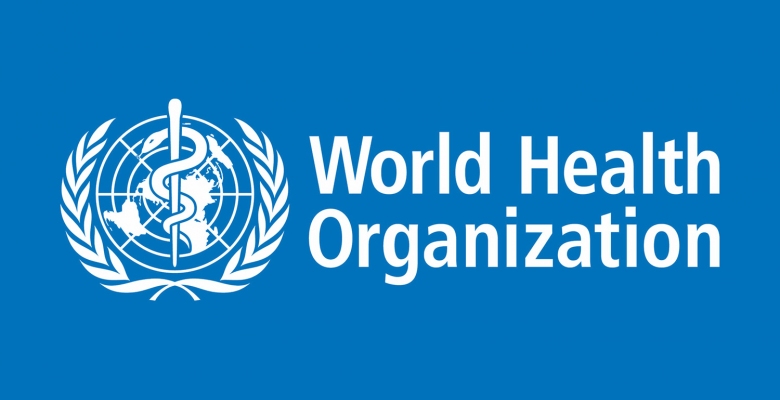Ahead of World Hepatitis Day (28 July), the World Health Organization (WHO) calls on countries to take advantage of recent reductions in the costs of diagnosing and treating viral hepatitis and scale up investments in disease elimination.
A new study by WHO, published in Lancet Global Health, has found that investing US$6bn per year in eliminating hepatitis in 67 low- and middle-income countries would avert 4.5 million premature deaths by 2030, and more than 26 million deaths beyond that target date.
A total of US$58.7 billion is needed to eliminate viral hepatitis as a public health threat in these 67 countries by 2030. This means reducing new hepatitis infections by 90% and deaths by 65%.
According to WHO, for the vast majority of the 325 million people living with hepatitis B and/or C, accessing testing and treatment remains beyond reach.
Of the estimated 257 million living with hepatitis B infection:
- 10.5% (27 million) knew their infection status in 2016.
- Of those people diagnosed, only 17% (4.5 million) received treatment in 2016.
- In 2016, 1.1 million people newly developed chronic hepatitis B infection—a primary cause of liver cancer.
Of the estimated 71 million people living with chronic hepatitis C infection in 2015.
- 19% (13.1 million) knew their infection status in 2017.
- Of those people diagnosed, 15% (2 million) received curative treatment in that same year. Overall, between 2014 and 2017, 5 million people have received hepatitis C curative treatment.
- In 2017, 1.75 million people newly developed chronic hepatitis C infection.
